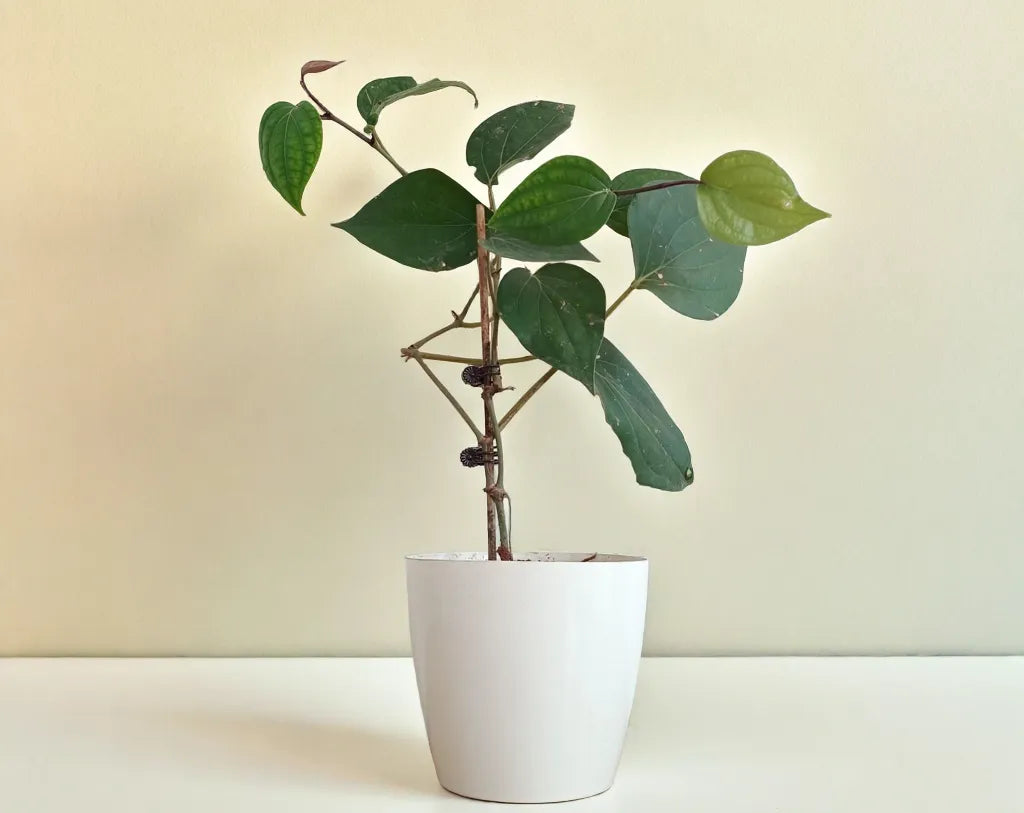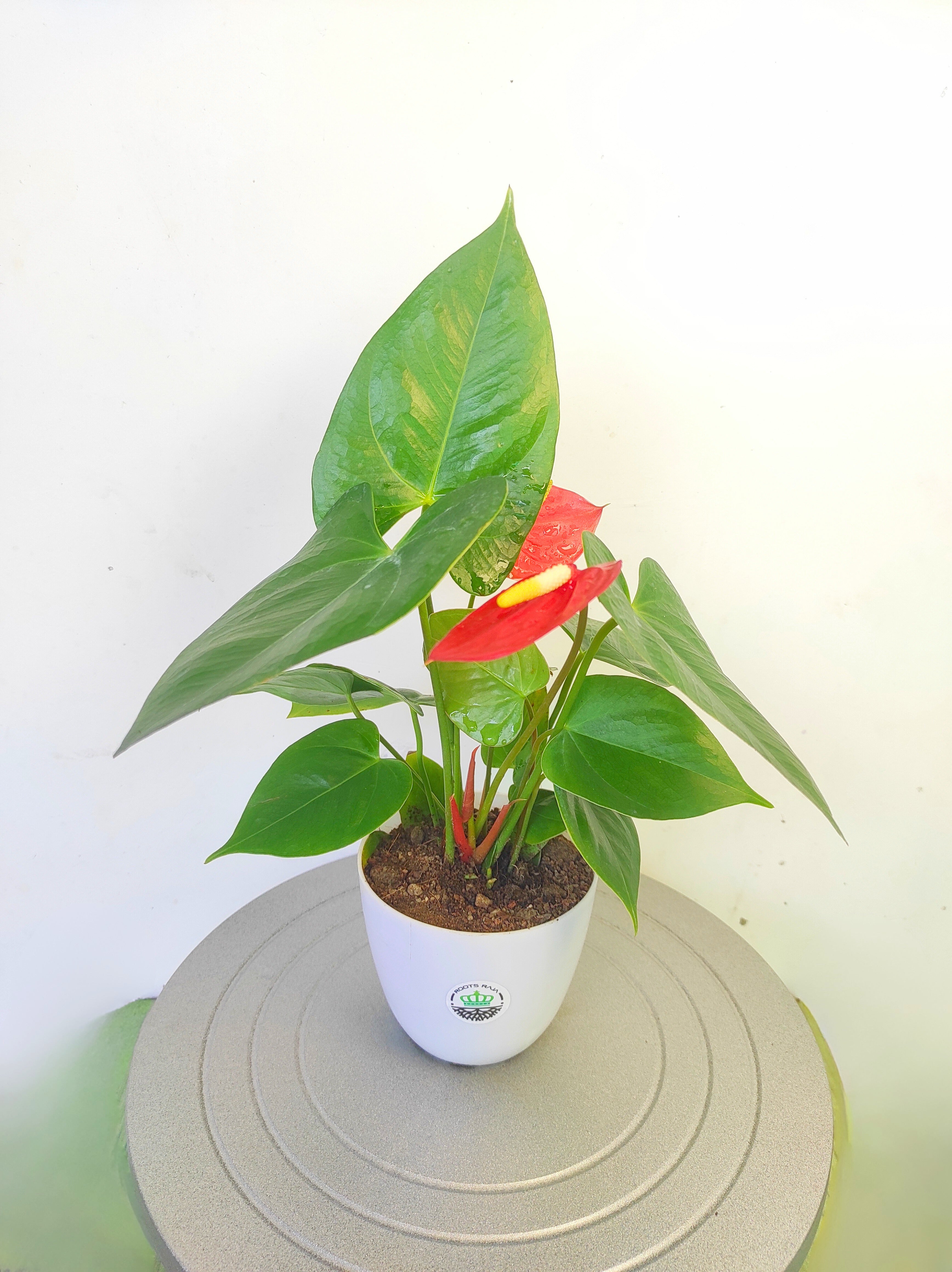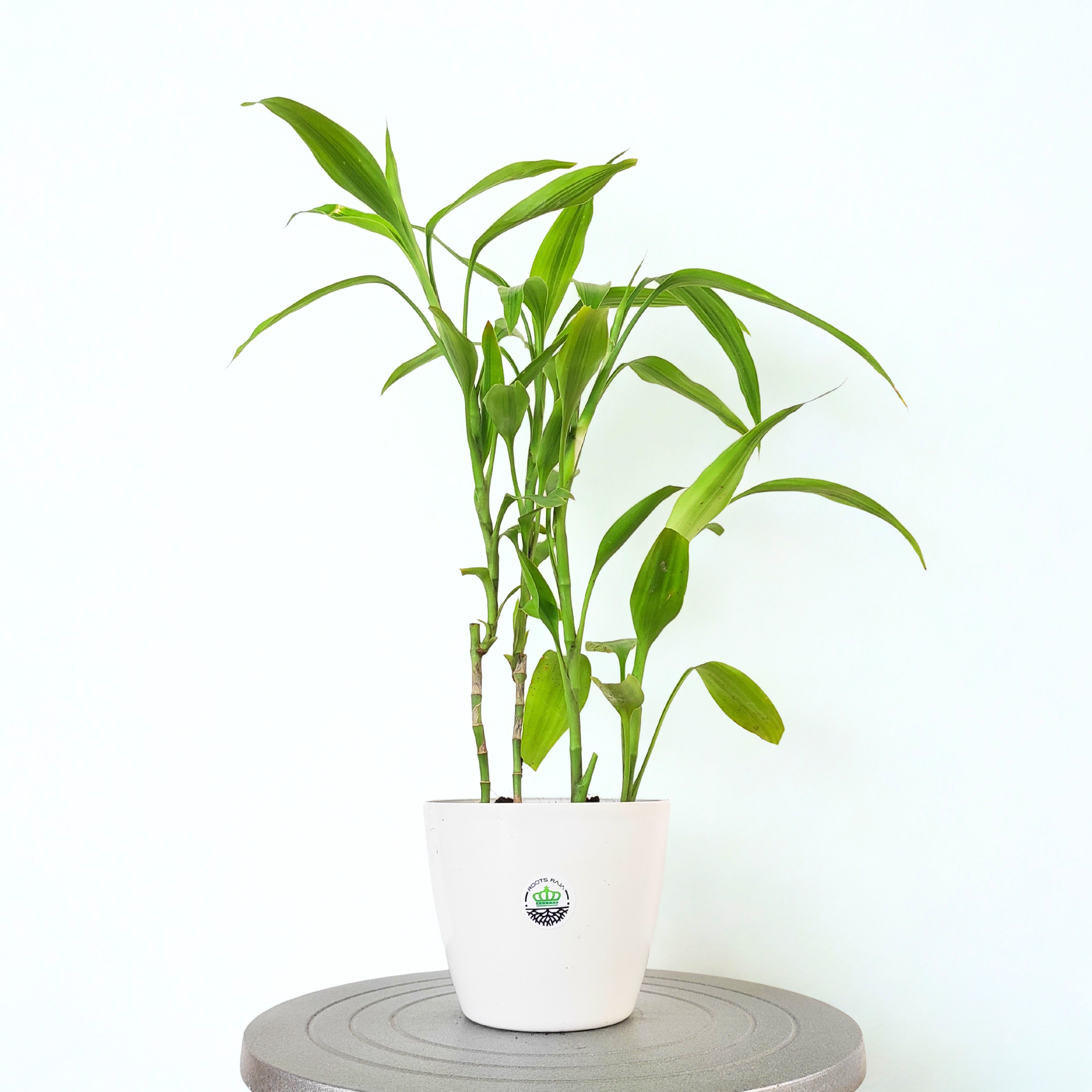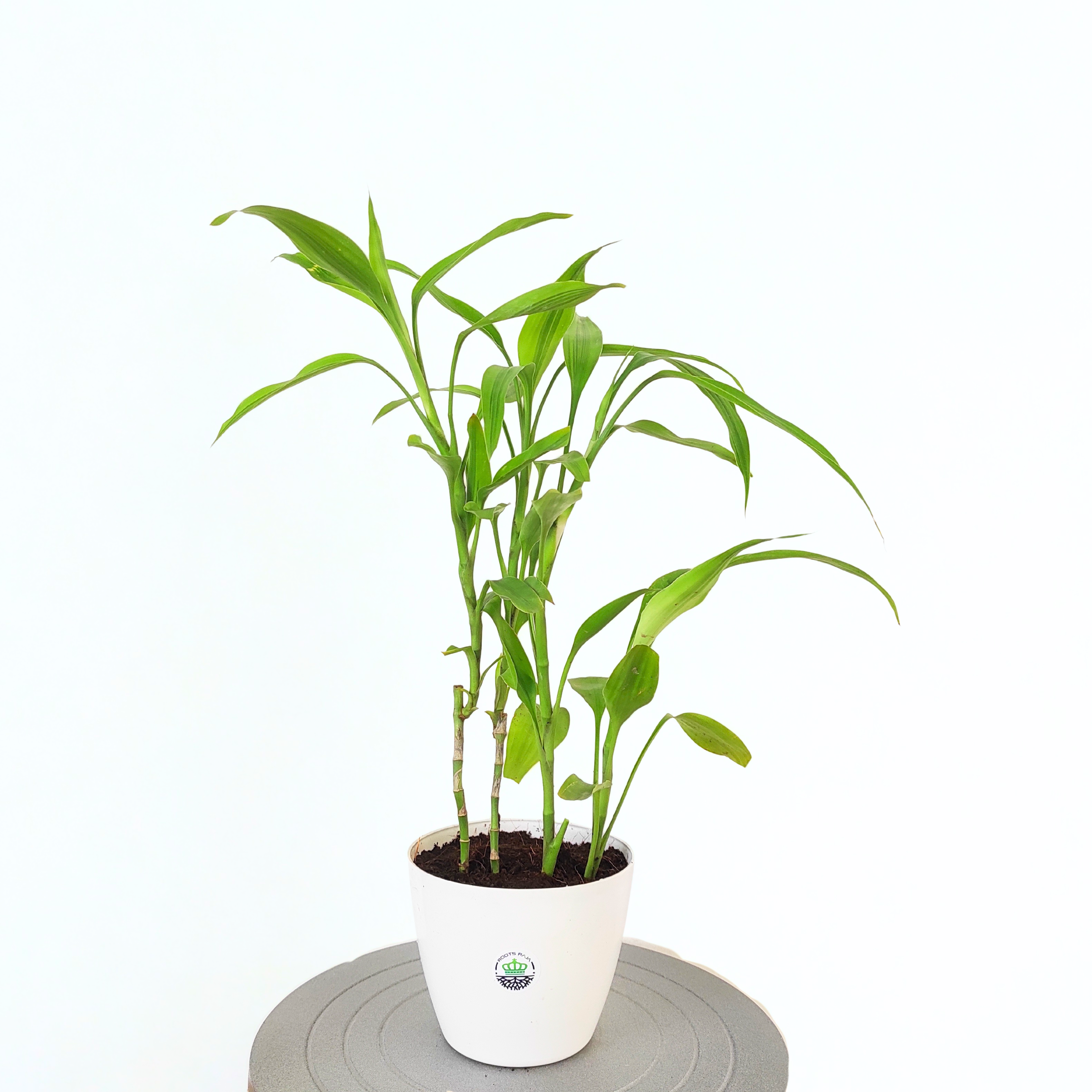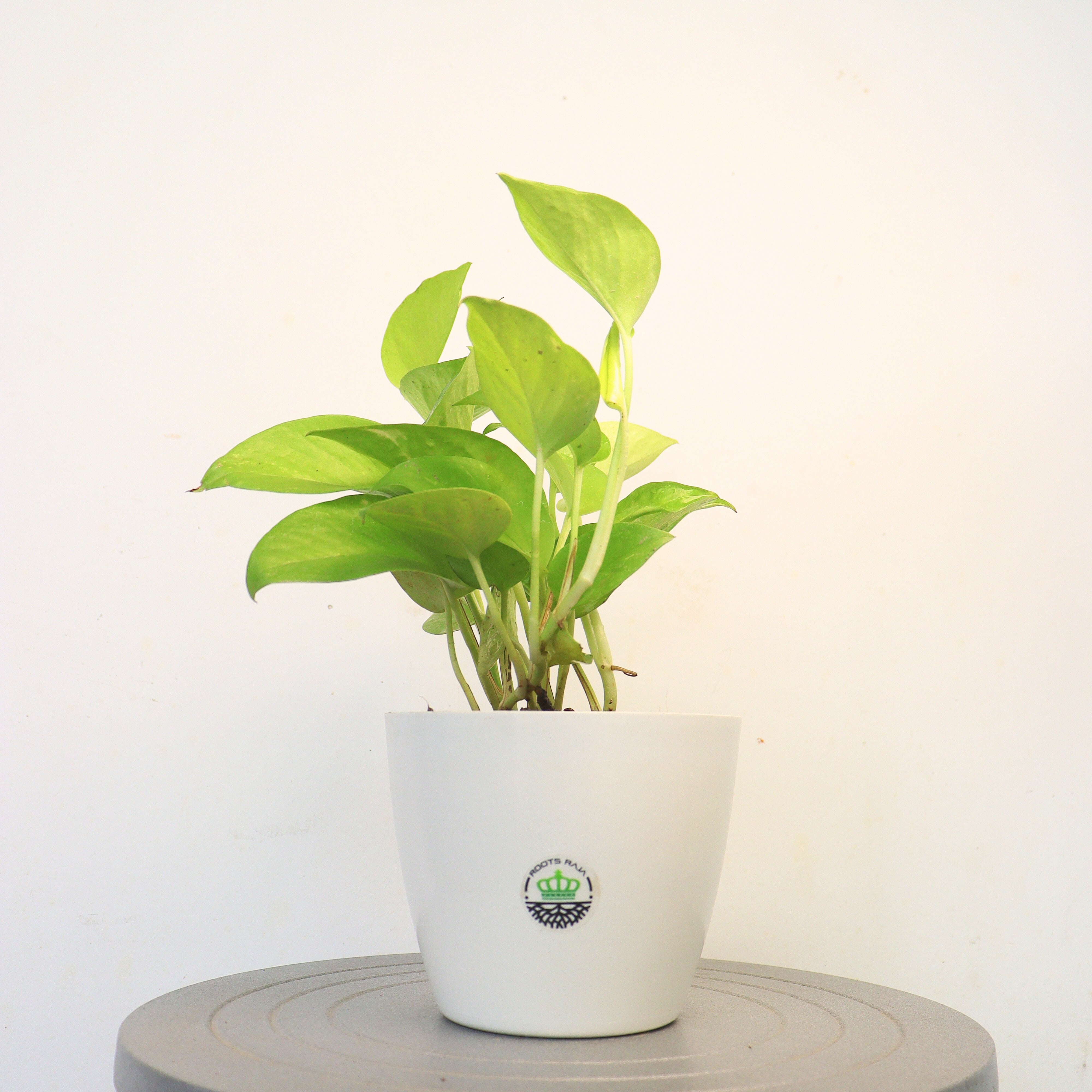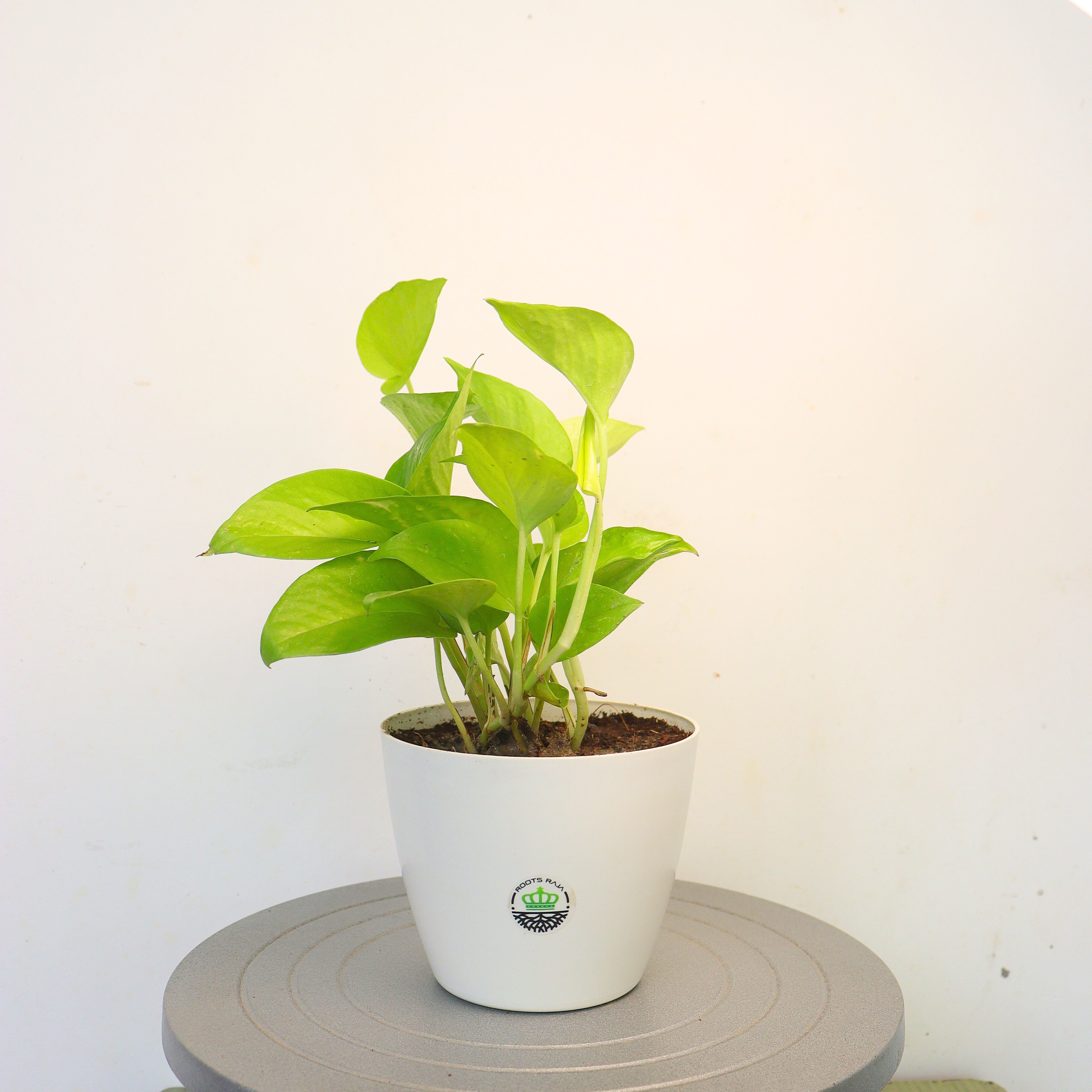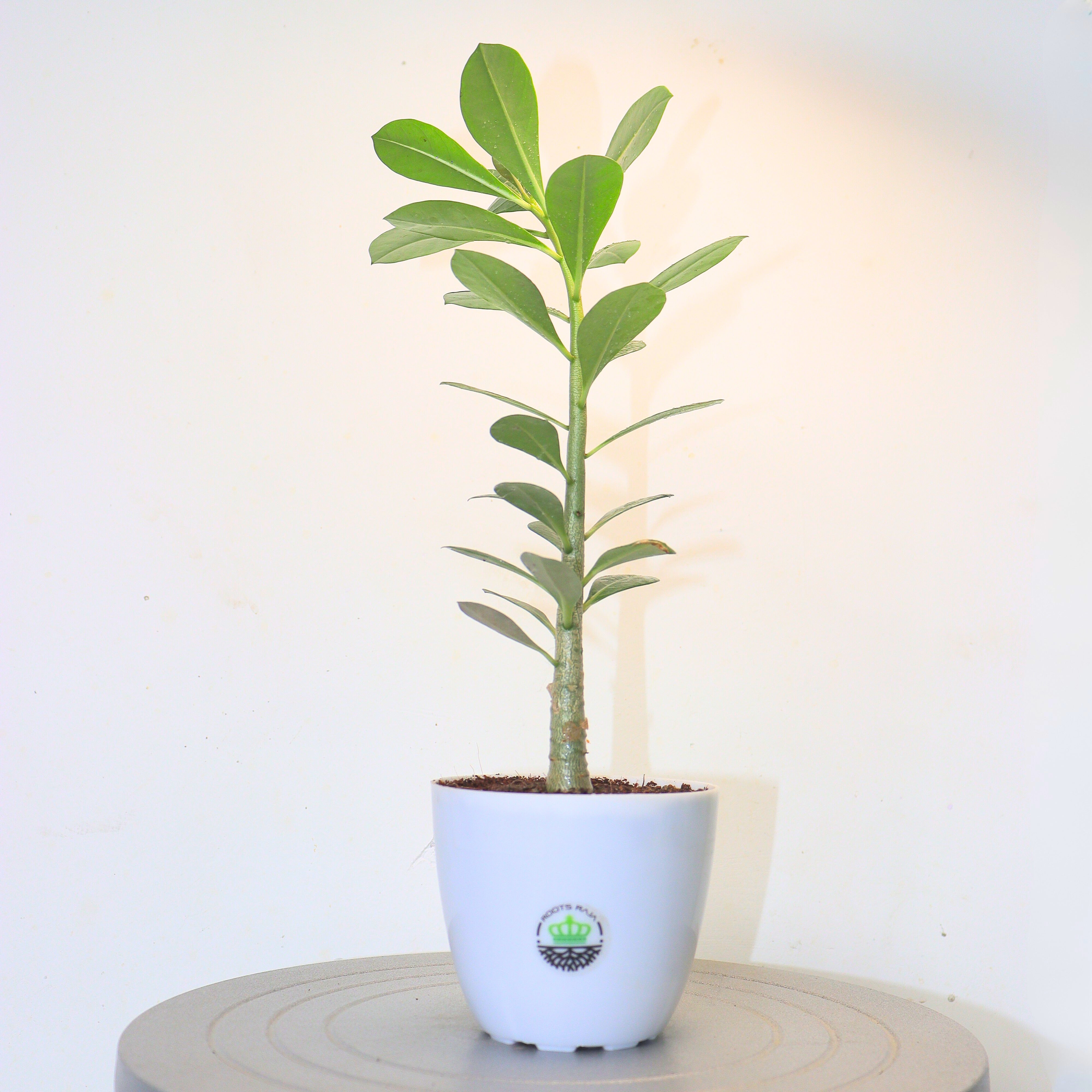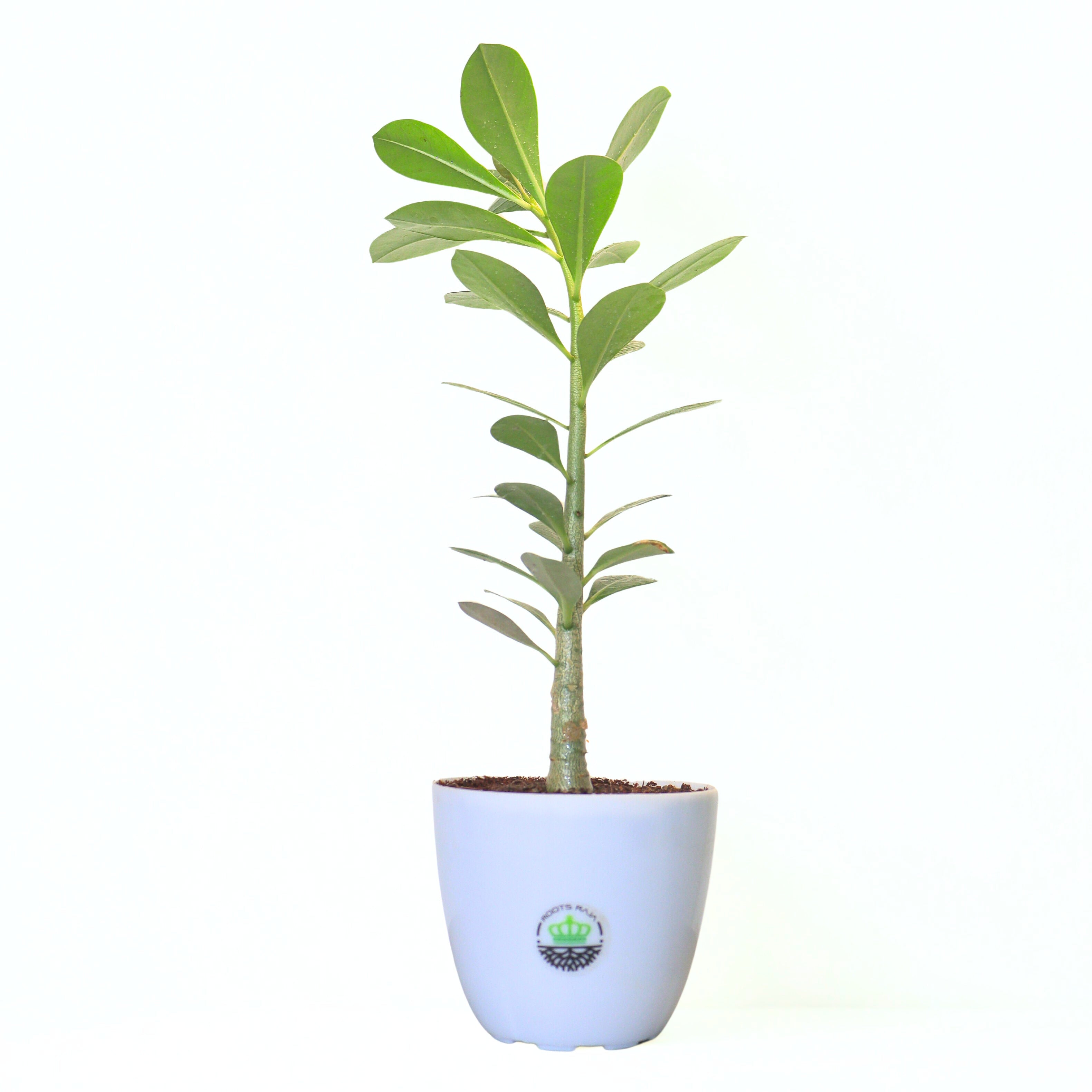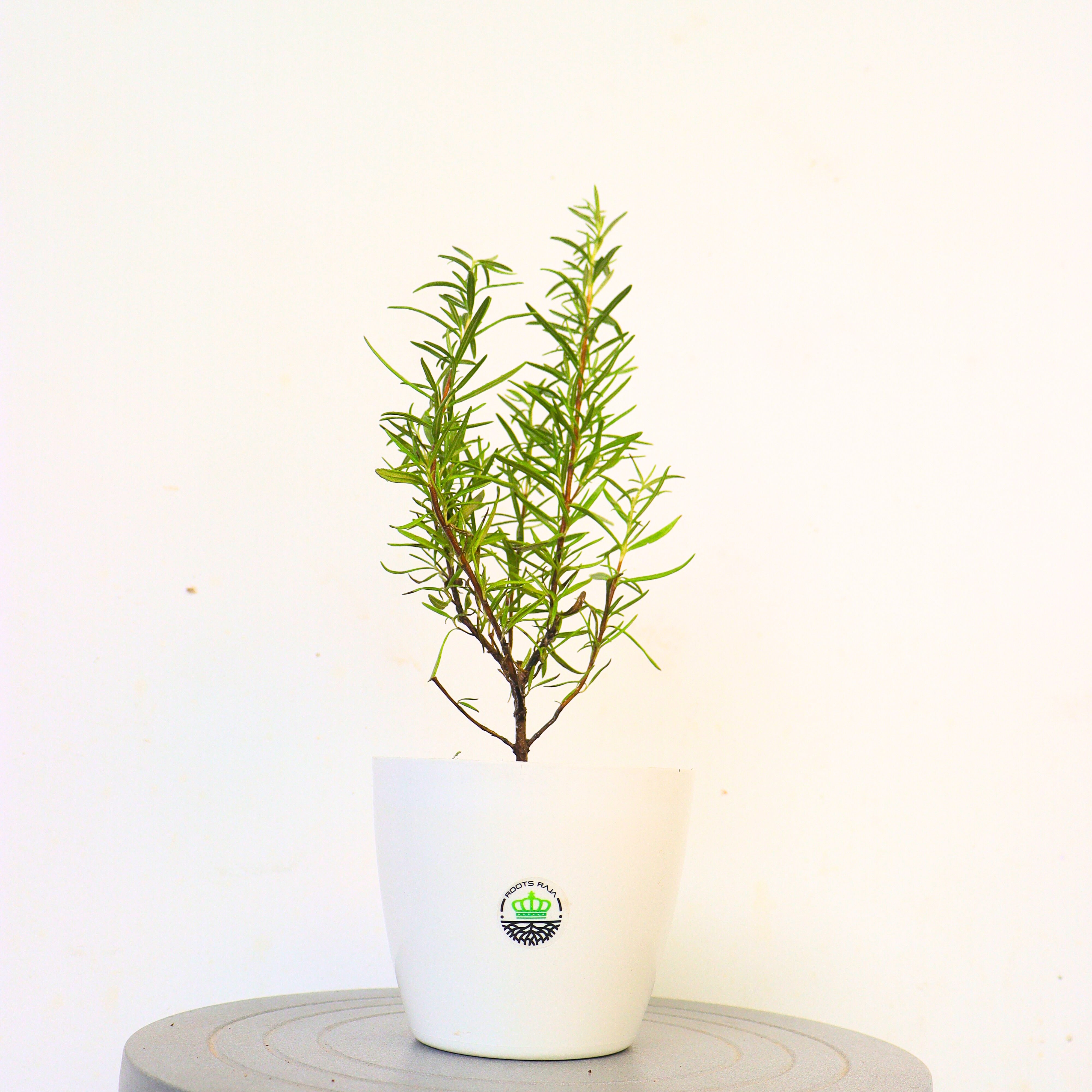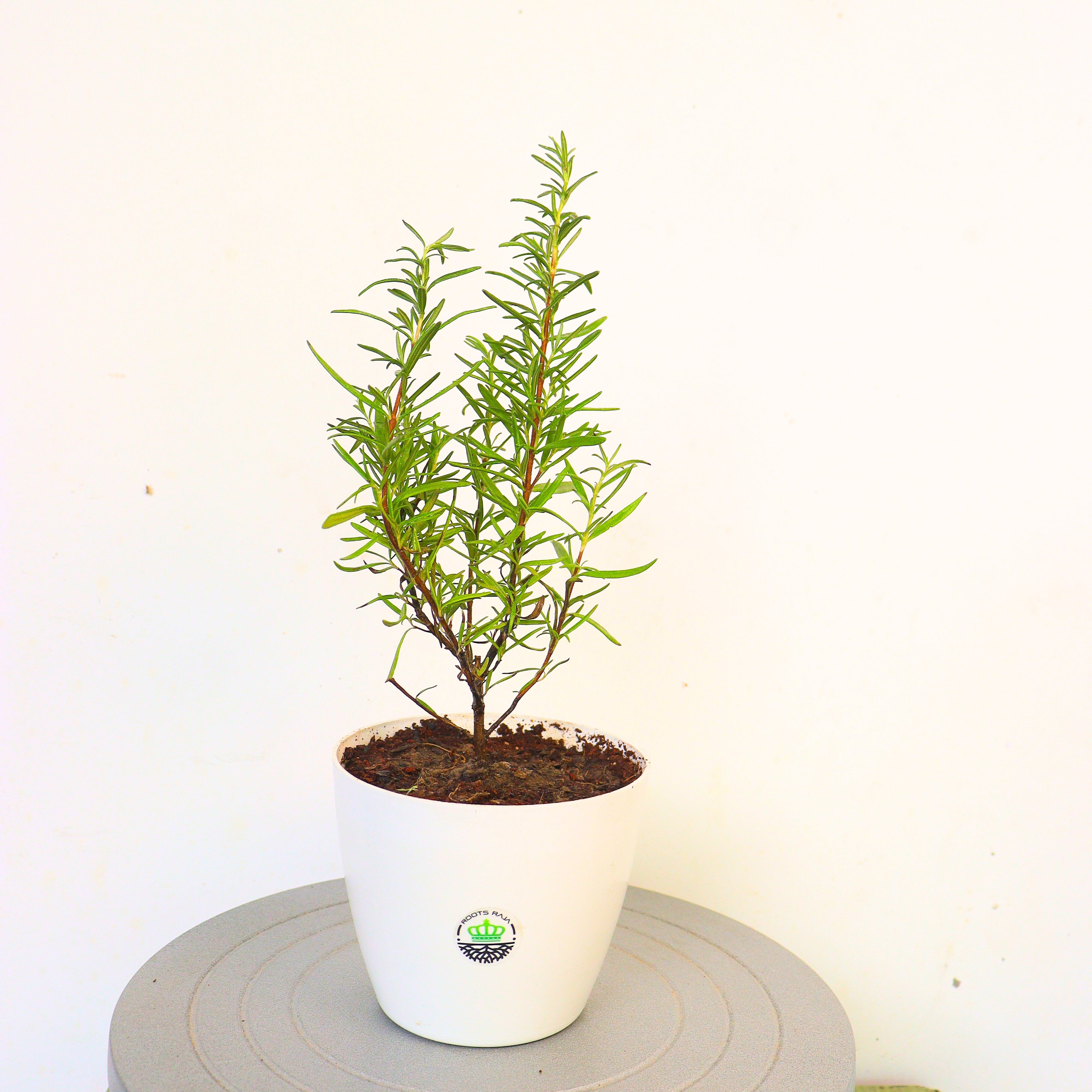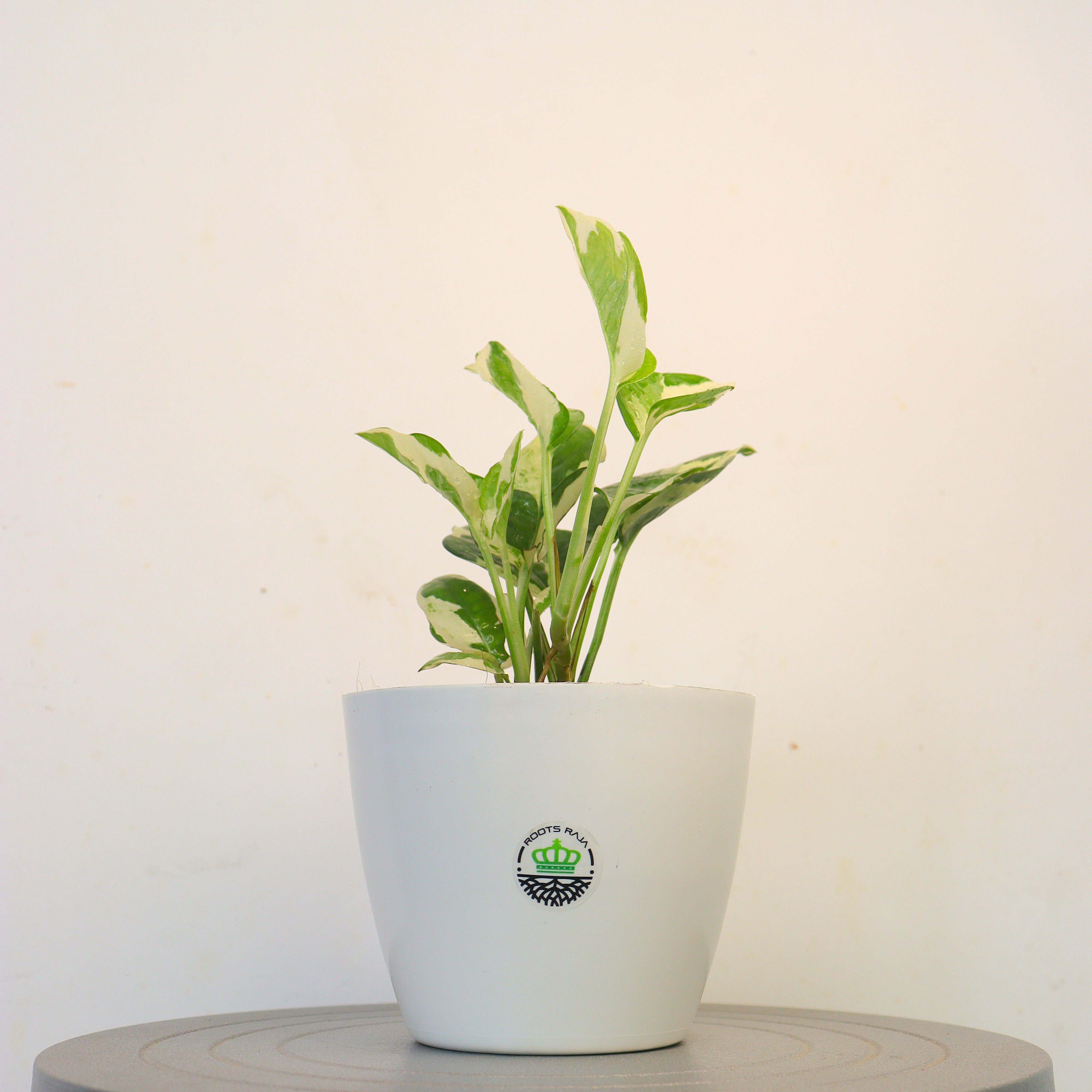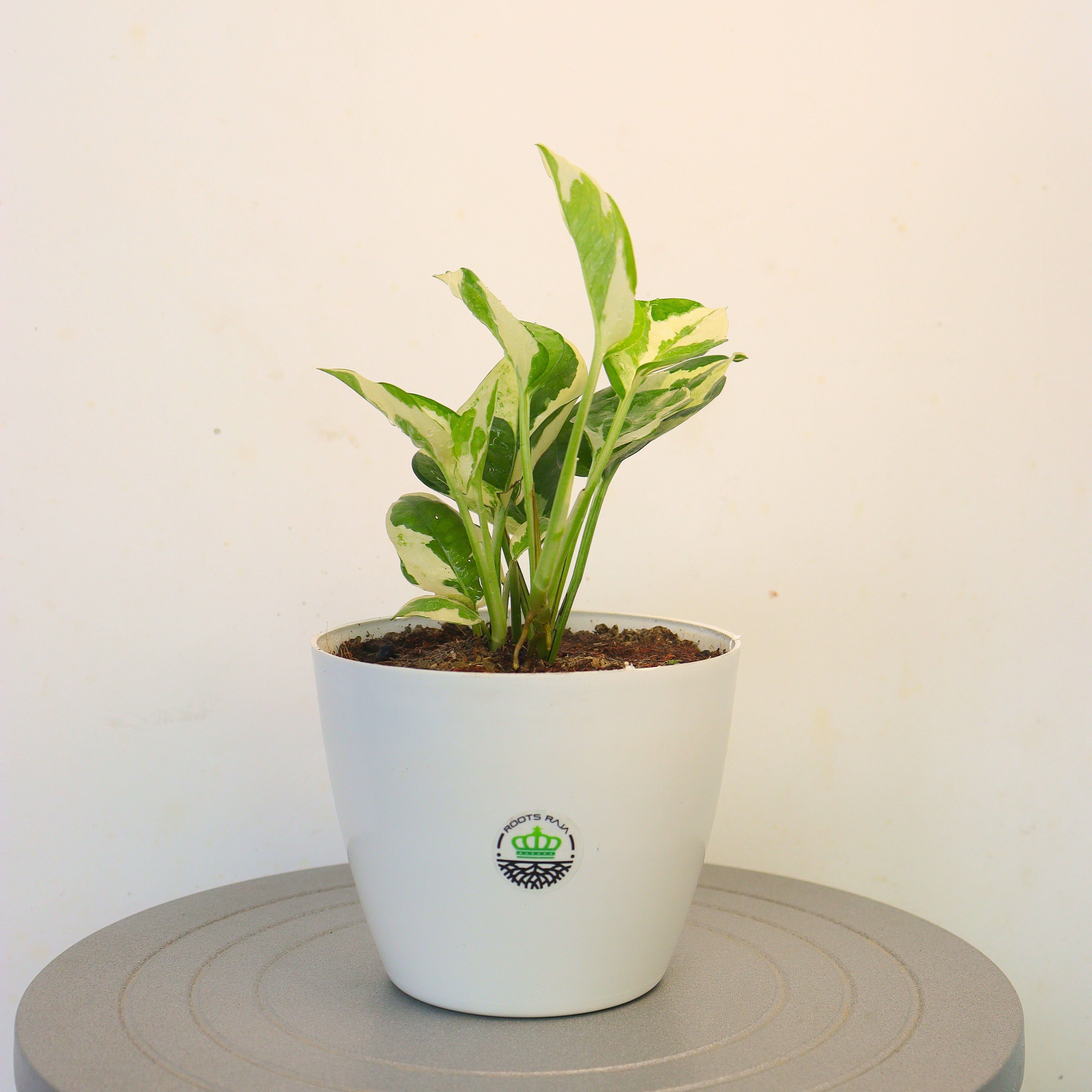-23%
Out of Stock
Black Pepper
Sale price
Rs. 299.00
Regular price
Rs. 389.00
Black Pepper Plant – Aromatic Vines, Culinary Value & Natural Vitality
Ask a question
Share
Couldn't load pickup availability
Description Read more Read less
Scientific Name: Piper nigrumCommon Name: Black Pepper, Kali Mirch
The Black Pepper Plant is a vigorous, evergreen climber known for producing the ...
Care Read more Read less
Light: Prefers partial shade to filtered sunlight. Avoid harsh midday sun.
Water: Water regularly to keep the soil evenly moist. Do not allow the ...
Benefits Read more Read less
Homegrown Spice: Harvest your own peppercorns for cooking and seasoning.
Aromatic Appeal: Foliage and fruit offer a subtle, earthy fragrance.
Tro...


